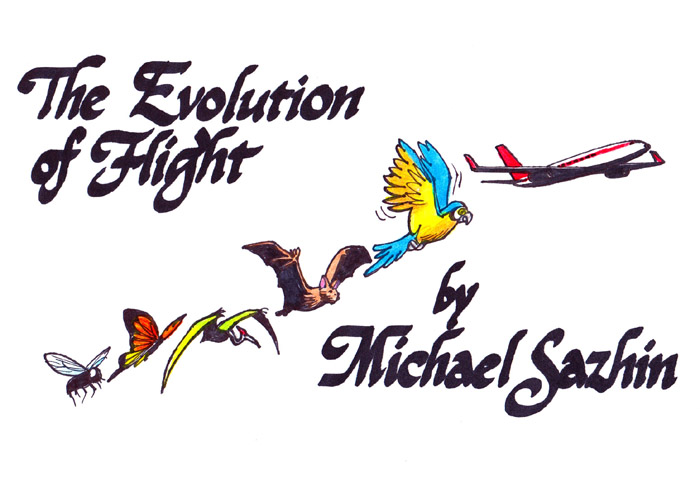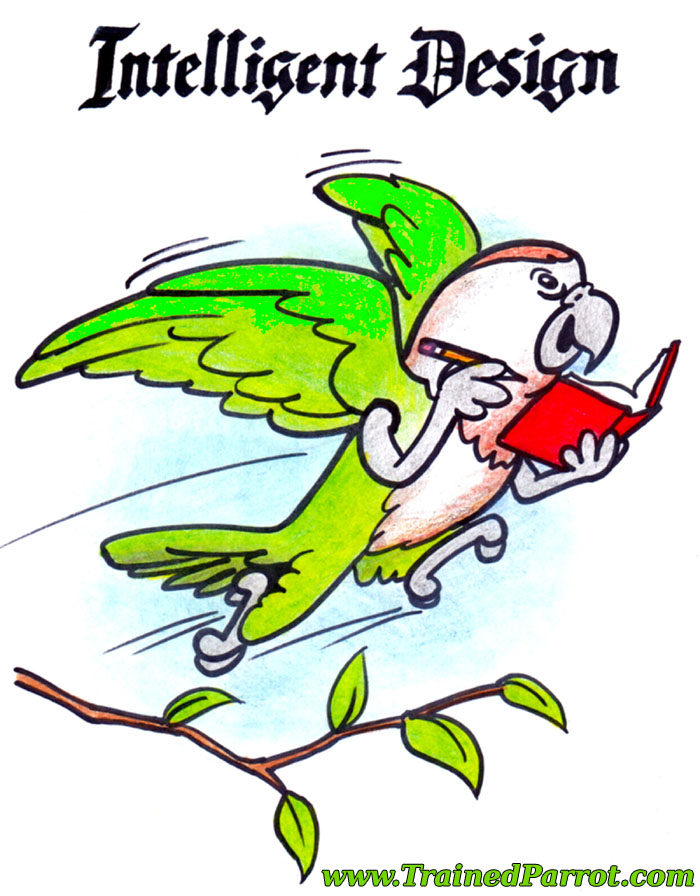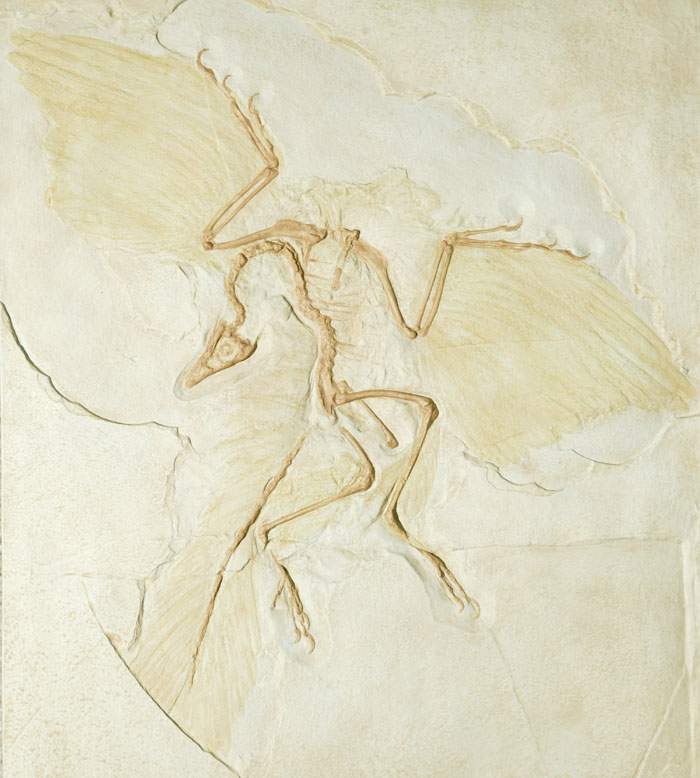
| Home | Store | NU Perches | Trees & Stands | Trained Parrot Blog | Parrot Academy | Videos |
List of Common Parrots:Parakeets:
Budgerigar (Budgie) Alexandrine Parakeet African Ringneck Indian Ringneck Monk Parakeet (Quaker Parrot) Parrotlets: Mexican Parrotlet Green Rumped Parrotlet Blue Winged Parrotlet Spectacled Parrotlet Dusky Billed Parrotlet Pacific Parrotlet Yellow Faced Parrotlet Lovebirds: Peach Faced Lovebird Masked Lovebird Fischer's Lovebird Lilian's (Nyasa) Lovebird Black Cheeked Lovebird Madagascar Lovebird Abyssinian Lovebird Red Faced Lovebird Swindern's Lovebird Lories and Lorikeets: Rainbow Lorikeet Conures: Sun Conure Jenday Conure Cherry Headed Conure Blue Crowned Conure Mitred Conure Patagonian Conure Green Cheeked Conure Nanday Conure Caiques: Black Headed Caique White Bellied Caique Poicephalus Parrots: Senegal Parrot Meyer's Parrot Red Bellied Parrot Brown Headed Parrot Jardine's Parrot Cape Parrot Ruppell's Parrot Eclectus: Eclectus Parrot African Greys: Congo African Grey (CAG) Timneh African Grey (TAG) Amazons: Blue Fronted Amazon Yellow Naped Amazon Yellow Headed Amazon Orange Winged Amazon Yellow Crowned Amazon Cockatoos: Cockatiel Galah (Rose Breasted) Cockatoo Sulphur Crested Cockatoo Umbrella Cockatoo Moluccan Cockatoo Bare Eyed Cockatoo Goffin's Cockatoo Macaws: Red Shouldered (Hahn's) Macaw Severe Macaw Blue And Gold Macaw Blue Throated Macaw Military Macaw Red Fronted Macaw Scarlet Macaw Green Winged Macaw Hyacinth Macaw Glossary of Common Parrot Terms |
|
| Trained Parrot Home | About | Sitemap | Parrot Training Perches | The Parrot Forum | Videos | Youtube Channel |
|
Trained Parrot is a blog about how to train tricks to all parrots and parakeets. Read about how I teach tricks to Truman the Brown Necked Cape Parrot including flight recall, shake, wave, nod, turn around, fetch, wings, and play dead. Learn how you can train tricks to your Parrot, Parrotlet, Parakeet, Lovebird, Cockatiel, Conure, African Grey, Amazon, Cockatoo or Macaw. This blog is better than books or DVDs because the information is real, live, and completely free of charge. If you want to know how to teach your parrot tricks then you will enjoy this free parrot training tutorial.
Trained Parrot site content Copyright 2010-2020 Michael Sazhin. Reproduction of text, images, or videos without prior permission prohibited. All rights reserved. |


 "If Truman were intelligently designed, he'd have hands so he could write books on the fly!"
"If Truman were intelligently designed, he'd have hands so he could write books on the fly!"








 Fossil Cast of Archaeopteryx Lithographica Berlin Specimen demonstrating teeth, bony tail, wing claws, and flight feathers
Fossil Cast of Archaeopteryx Lithographica Berlin Specimen demonstrating teeth, bony tail, wing claws, and flight feathers Fossil Cast of Sparrow Sized Pterodactylus Kochi. It evolved flapping flight similar to birds but with skin membranes instead of feathers.
Fossil Cast of Sparrow Sized Pterodactylus Kochi. It evolved flapping flight similar to birds but with skin membranes instead of feathers.





 Previous Article
Previous Article Next Article
Next Article